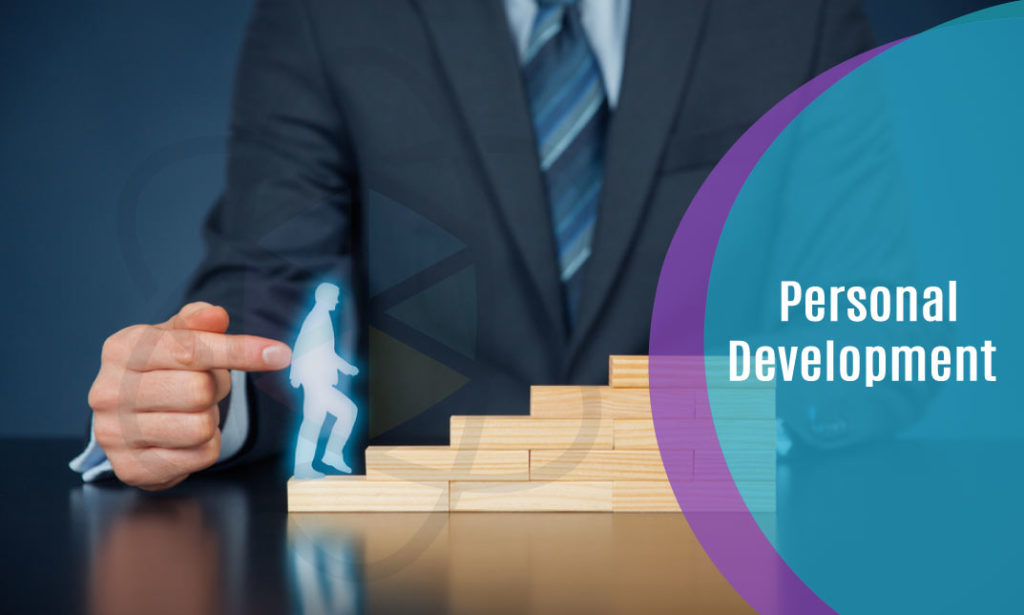A quality education gives people the skills they need to find good jobs and lead productive, fulfilling lives. It helps them to become better citizens and to participate fully in the civic life of their communities.
Education also has a profound impact on the health and well-being of individuals and communities. Studies have shown that people with more education /k1nuwuseqxu are more likely to enjoy better health and live longer healthier lives.
There is also a growing body of evidence that suggests that investing in education can be one of the most effective ways of reducing crime and promoting social cohesion.
Despite all of these benefits, many young people around the world do not have access to quality education. This is often due to poverty and inequitable distribution of resources.
In some countries, girls are less likely than boys to receive an education. This can have a ripple effect on the health and well-being of whole communities, as educated women are more likely to have healthier children and to be better able to participate in the workforce.
It is clear that education is essential for individuals and communities to thrive. Governments, NGOs, and individuals must continue to work together to ensure that everyone has access to quality education.
2. How Education Provides Opportunities
Education provides opportunities for people to learn new things and develop new skills. It can also help people to find work and to progress in their careers.
There are many different types of education, including formal education, informal education, and experiential education. Formal education is the type of education that is typically provided by schools and colleges. It usually involves attending classes, doing https://youtu.be/k1nuwuseqxu homework, and taking exams. Informal education is the type of education that people receive from their families, friends, and community. It often happens outside of formal educational institutions, and it can take many different forms, such as learning through experience, discussion, and observation. Experiential education is a type of education that occurs through direct experience. It can include learning through internships, apprenticeships, and other hands-on experiences.
Education can provide opportunities for people to improve their social and economic status. It can also help people to lead healthier and more fulfilling lives.
3. The Relationship Between Education and Success
It is often said that education is the key to success. While there is no one-size-fits-all answer to this question, it is clear that education can play a significant role in helping people to achieve success in their lives.
There are a number of ways in which education can help people to achieve success. Firstly, education can provide people with the knowledge and skills that they need to be successful. Secondly, education can help people to develop the attitudes and behaviors that are associated with success. Finally, education can provide people with the opportunity to network with other successful people.
While there is no guarantee that education will lead to success, it is clear that it can be a helpful tool in achieving success.
4. The Impact of Education on Society
The impact of education on society is evident in the way it shapes our social, political, and economic institutions. Education plays a significant role in the development of our individual and collective identities. It helps us to understand and participate in the world around us.
In its most basic form, education is the process of learning. It is a lifelong process that helps us to develop our abilities and knowledge. Education helps us to develop our skills and to become more competent and effective citizens.
Education also plays a vital role in https://youtu.be/jvf2-3bpt1k and the development of our values and beliefs. It helps us to develop our sense of right and wrong and to understand the importance of fairness, justice, and equality. Education helps us to become more tolerant and understanding of others.
Education has a profound impact on the way we live our lives. It helps us to make better choices, to be more successful in our careers, and to lead healthier and more fulfilling lives.
5. The Role of Education in Personal Development
Education is important in personal development as it helps individuals learn new skills, gain knowledge and develop new abilities. It can also help people build their confidence and self-esteem, and improve their employability.
Education can play a role in personal development in many different ways. For example, it can help people learn how to manage their money, plan for their future, and make informed decisions about their health. It can also help people develop their communication and interpersonal skills, and learn how to resolve conflict.
/jvf2-3bpt1k
In addition to the personal development benefits that education can provide, it can also help people contribute to their community and society. For example, educated individuals are more likely to vote, volunteer, and participate in civic activities. They are also more likely to be /jvf2-3bpt1k engaged in the political process, and more likely to be informed about important issues.
Overall, education can have a positive impact on personal development and on society as a whole. It is important to invest in education in order to ensure that people have the skills and knowledge they need to lead successful and fulfilling lives.

